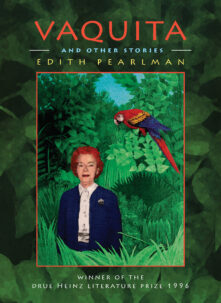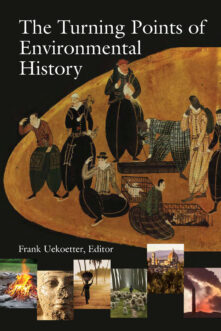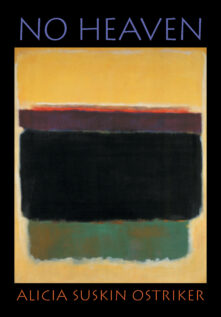Search Results
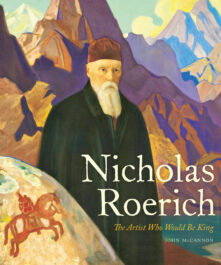

Nicholas Roerich
The Artist Who Would Be King
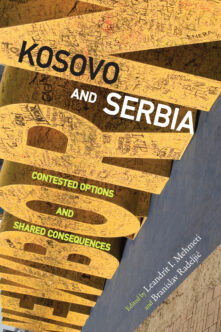

Kosovo and Serbia
Contested Options and Shared Consequences
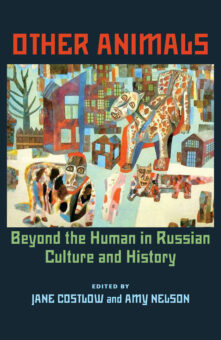

Other Animals
Beyond the Human in Russian Culture and History
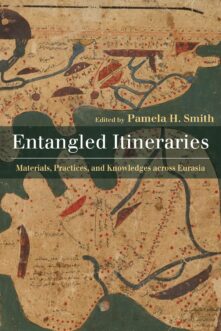

Entangled Itineraries
Materials, Practices, and Knowledges across Eurasia


Plans, Pragmatism, and People
The Legacy of Soviet Planning for Today's Cities
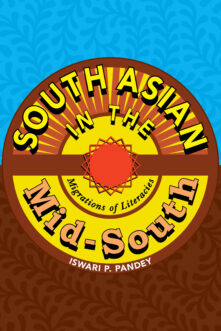

South Asian in the Mid-South
Migrations of Literacies
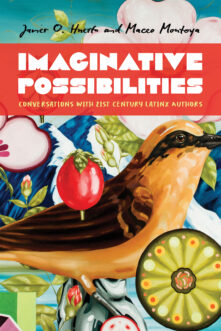

Imaginative Possibilities
Conversations with Twenty-First-Century Latinx Writers
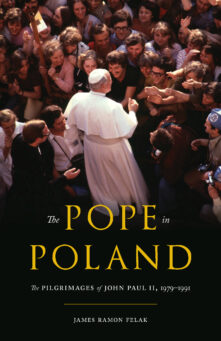

The Pope in Poland
The Pilgrimages of John Paul II, 1979-1991
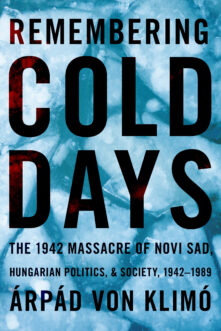

Remembering Cold Days
The 1942 Massacre of Novi Sad and Hungarian Politics and Society, 1942-1989
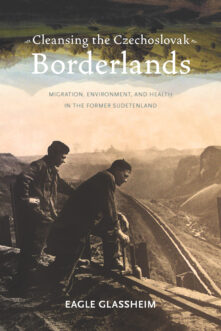

Cleansing the Czechoslovak Borderlands
Migration, Environment, and Health in the Former Sudetenland
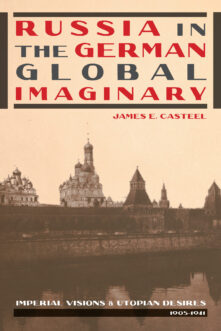

Russia in the German Global Imaginary
Imperial Visions and Utopian Desires, 1905-1941
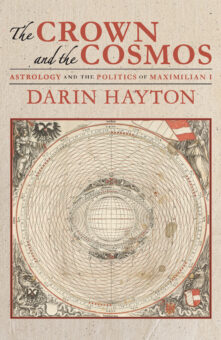

The Crown and the Cosmos
Astrology and the Politics of Maximilian I
Your search for "Urban Rivers %3A Re-making Rivers%2C Cities and Space in Europe and North America" returned 620 results


